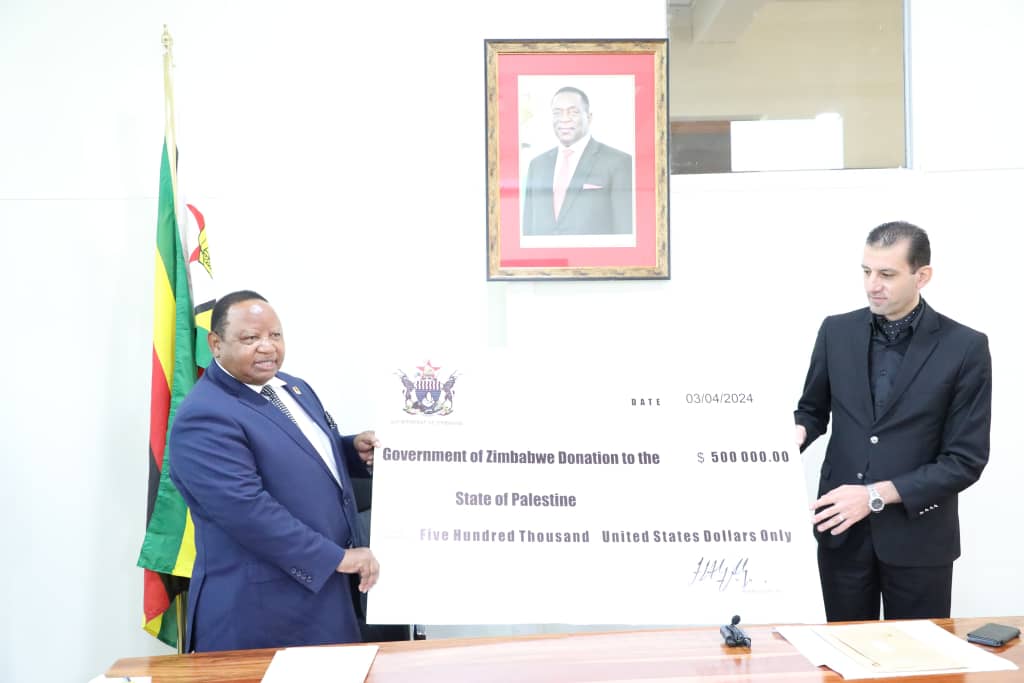by Staff Reporter
HARARE-AS the government of Zimbabwe says it is seized with aligning the more than 400 existing laws to the new constitution which came into effect two years ago, a respected legislative and legal watchdog says a new Electoral Act is needed altogether because as it is, there is no way it can be seamlessly aligned to the new supreme law of the land.

In a report this week, Veritas pointed out that the Electoral Act would need to be replaced in its entirety if the provisions of the new constitution are to be complied with.
“The Electoral Act should be replaced entirely because it has been amended to often that it is difficult to find out what its provisions actually are,” Veritas said. “Many of its provisions, to the extent that they can be ascertained, contain errors and anomalies.”
The watchdog suggested that the new Act should be prepared by or under the supervision of the Zimbabwe Electoral Commission (ZEC) after all interested parties have been consulted.
Currently all factions of the opposition Movement for Democratic Change (MDC)—one led by Morgan Tsvangirai, another led by Welshman Ncube, and other one led by Tendai Biti—are boycotting elections saying they boycott would only end after comprehensive electoral reforms have been made.
The opposition say as the situation stands, the confusing laws tip the playing field in favour of President Robert Mugabe’s ruling ZANU-PF party.
Last year attempts were made to amend the contentious law but no progress was made as stakeholders strongly felt the amendments did not address all the key issues.
According to Veritas the new Act would have to deal with contentious issues such as the right of all citizens to vote, the transfer of the voters’ roll from the Registrar General’s Office to ZEC, civic and voter education as well as the re-creation of the Electoral Court as the current one runs afoul of the Constitution.
“Under Section 67(3) of the Constitution, every citizen has the right to vote in all elections. The present Act denies the vote to members of the Diaspora, to prisoners, to hospital patients and even to electoral officers and members of the security services who are deployed outside their constituencies on polling days.”
The body pointed out that ZEC should not have a monopoly over the provision of voter education as this infringes on the freedom of expression, which is guaranteed under Section 61 of the Constitution. It suggested that citizens should be taught their civic rights and obligations and all about elections, as part of civic education which starts in school.
This is what it says on the Electoral Court: “This is constituted as a separate court under the Act, though it is staffed by judges of the High Court. Under Section 183 of the Constitution, judges cannot be appointed to sit in more than one court, so their appointment to both the High Court and the Electoral Court is unconstitutional. The simple remedy is to re-create the Electoral Court as a specialised division of the High Court.”
Veritas also bemoaned the fact that no action has taken place to disable the notorious “snooping” law, the Interception of Communication Act which allows State agencies to intercept letters, telephone calls, e-mails and all web-based communications as this is in violation of Section 57 of the Constitution.
Ironically President Mugabe signed into law this Act in October 2013, way after the new Constitution had come into effect.
“Warrants authorising interception are issued by a Minister (it is not clear which Minister) is he of she is satisfied that interception is in the interests of crime control and national security. The Act contains too few safeguards against unauthorized government “snooping” on private communication.
“In particular: There is no provision for interception warrants to be issued by judges or magistrates who might be able to exercise some independent control over their issue. (Also) there is virtually no restriction on the use to which security agencies put information gained from interception and (also) there is no Parliamentary oversight over the activities of the security agencies under the Act.”






